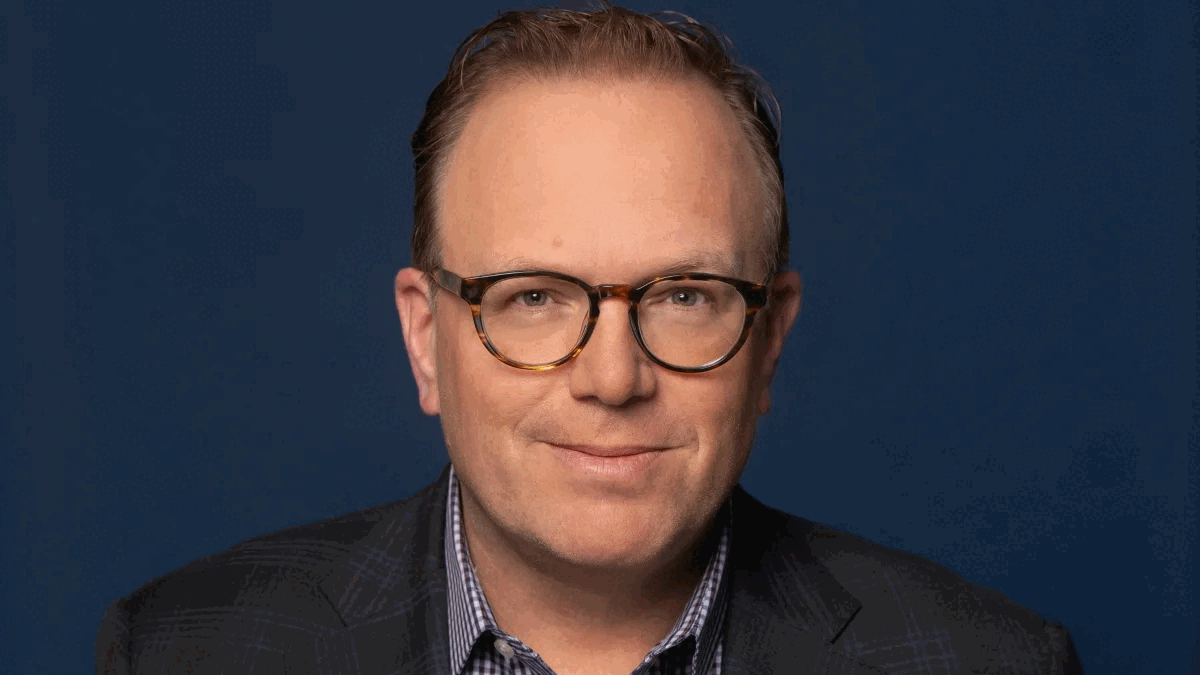Internet watchdog warns government over “knee-jerk” response to social media regulation
- Friday, February 22nd, 2019
- Share this article:
 A charity has warned the government to take caution with its approach to regulating social media and the internet because “knee-jerk regulation” in response to several privacy scandals could come at a “heavy cost to the victims of online sexual abuse”.
A charity has warned the government to take caution with its approach to regulating social media and the internet because “knee-jerk regulation” in response to several privacy scandals could come at a “heavy cost to the victims of online sexual abuse”.
The Internet Watch Foundation (IWF), which has a mission to make the internet a safer place, believes that traditional approaches to regulation cannot be applied to the internet and more focus should be placed on human rights.
“Tackling criminal child sexual abuse material requires a global multi-stakeholder effort. We’ll use our 22 years’ experience in this area to help the government and policy makers to shape a regulatory framework which is sustainable and puts victims at its heart,” said IWF CEO Susie Hargreaves. “In order to do this, any regulation in this area should be developed with industry and other key stakeholders rather than imposed on them.”
Hargreaves’ comments come ahead of a ‘Online Harms’ White Paper that is due to be published by the UK government which will lay out how it plans to deal harmful online behaviour. Although it is not yet entirely clear what the White Paper will present, it’s believed the government may announce an internet regulator to impose possible rules which include forcing internet platforms to remove illegal hate speech within a specific timeframe, make age verification compulsory, hand out fines and sanctions to firms that fail to remove child abuse images or terror-related content, and restricting certain ads.
Hargreaves believes that “more can be done” despite the UK already leading the world at talking online child sexual abuse content. In particular, she wants to see more done about grooming and livestreaming. However, she worries that government may end up getting it horribly wrong.
“My worries, however, are about rushing into knee-jerk regulation which creates perverse incentives or unintended consequences to victims and could undo all the successful work accomplished to date. Ultimately, we must avoid a heavy cost to victims of online sexual abuse,” she concluded.

















